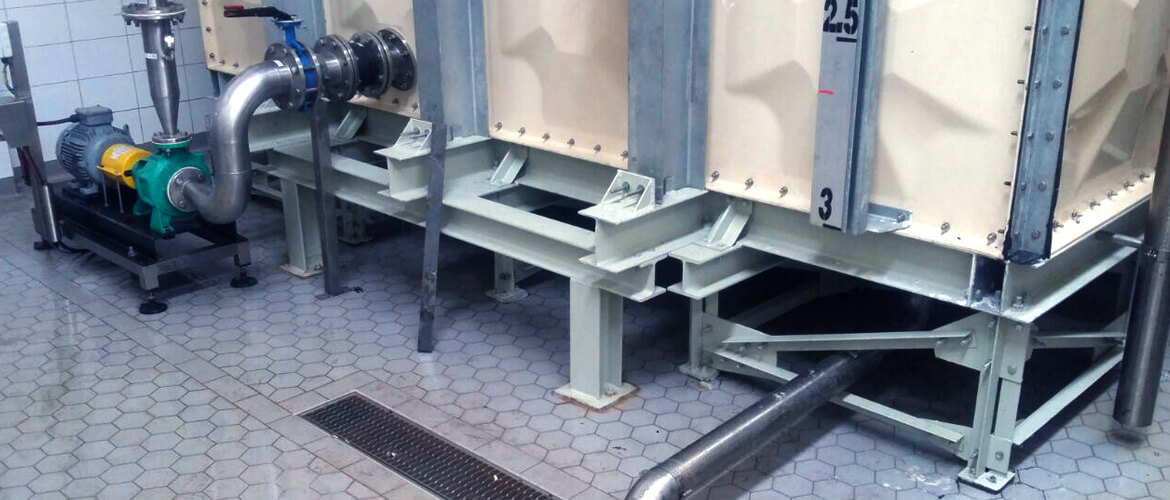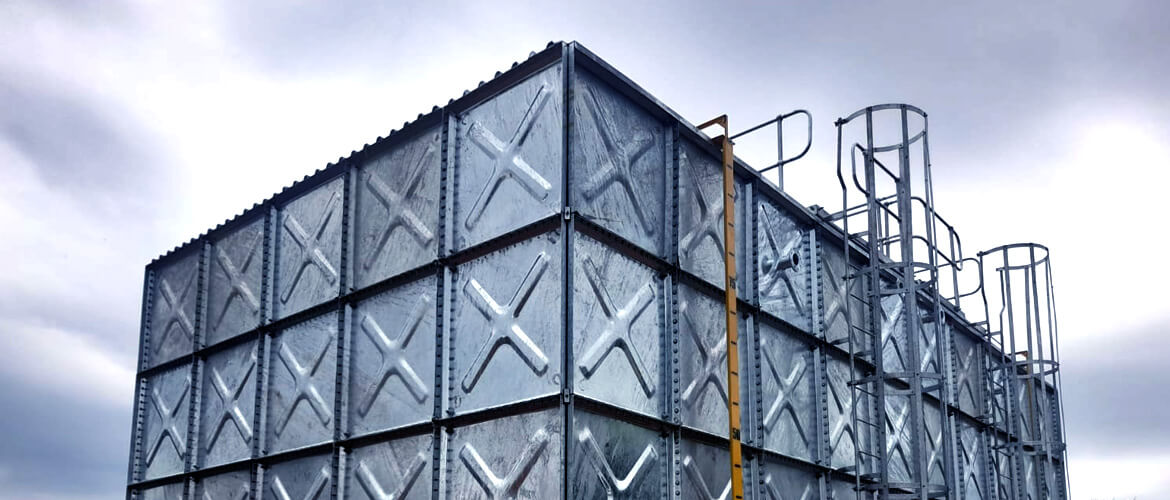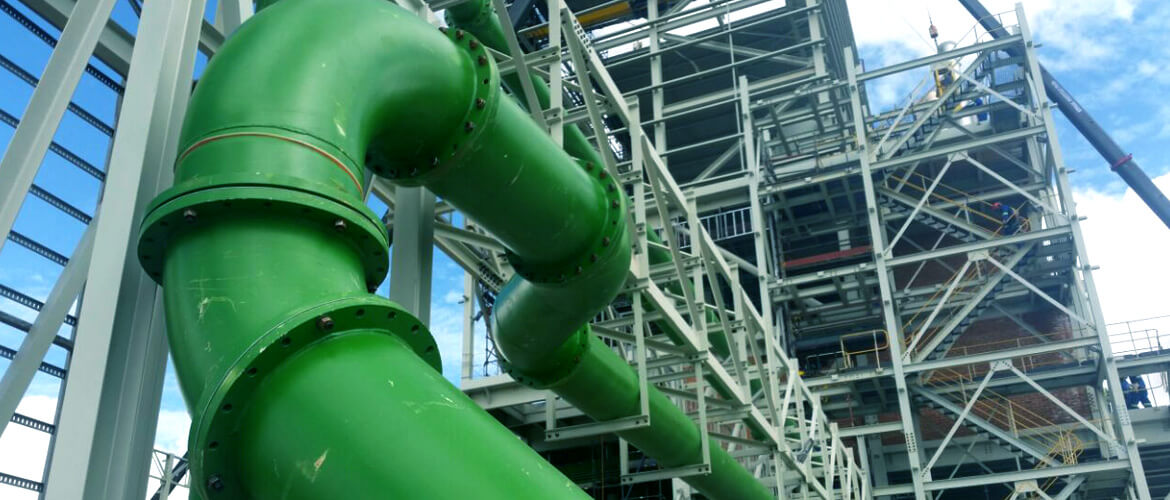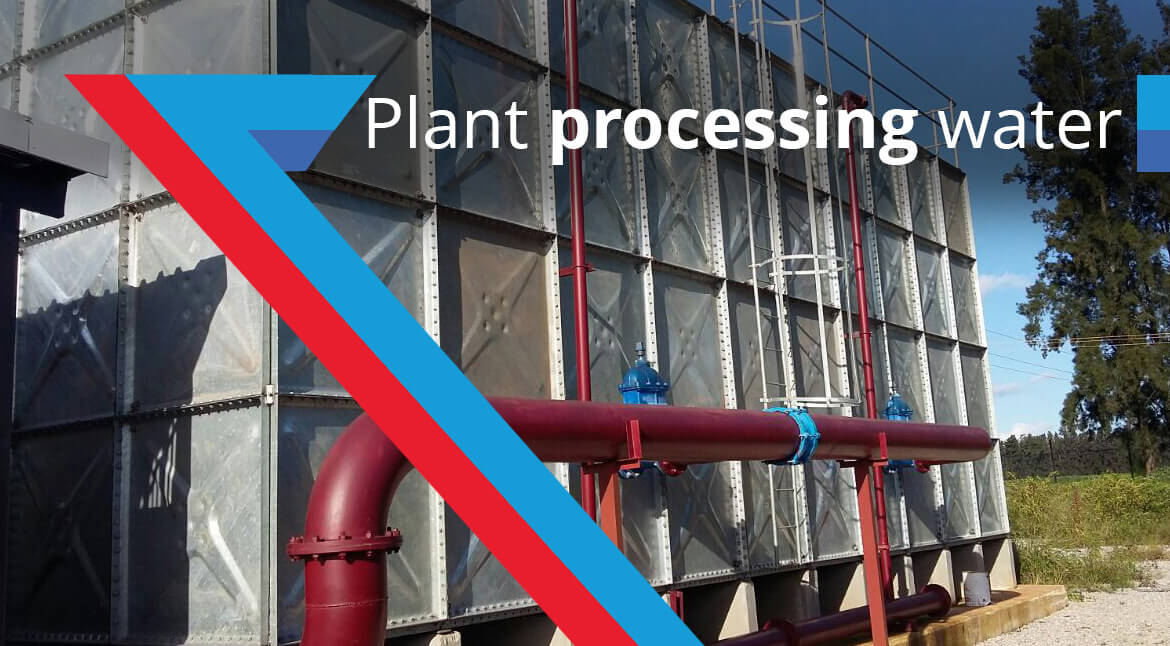The importance of plant processing water for production in South Africa
Water is a vital resource for any industry, but especially for plant processing. In South Africa, water scarcity and quality are major challenges that affect the productivity and profitability of plant processing businesses. That is why installing tanks on the premises can be a smart and sustainable solution for water management.
In this article , we will explore the importance of plant processing water for production in South Africa, and the benefits of installing tanks on the premises. We will also share some tips on how to choose the right tank for your plant processing needs.
Plant processing water: why is it important?
Plant processing water is the water used for various processes in plant processing, such as washing, rinsing, cooling, heating, sterilizing, and diluting. Plant processing water can also be used as an ingredient in some products, such as beverages, cosmetics, and pharmaceuticals.

Plant processing water is important for several reasons:
- It ensures the quality and safety of the products. Plant processing water must meet certain standards of purity and hygiene to prevent contamination and spoilage of the products.
- It improves the efficiency and performance of the processes. Plant processing water must have the right temperature, pressure, and flow rate to optimize the processes and reduce waste and energy consumption.
- It reduces the environmental impact of the processes. Plant processing water must be treated and reused as much as possible to minimize the discharge of pollutants and conserve water resources.
Plant processing water in South Africa: what are the challenges?
South Africa is a water-stressed country, with an average annual rainfall of 492 mm, which is well below the global average of 860 mm. According to the Department of Water and Sanitation, South Africa’s total water demand is expected to exceed its available supply by 17% by 2030.
The main challenges facing plant processing water in South Africa are:
- Water scarcity. South Africa faces frequent droughts and water restrictions that limit the availability and reliability of water supply for plant processing businesses. This can disrupt the operations and increase the costs of plant processing.
- Water quality. South Africa’s water sources are often polluted by industrial effluents, agricultural runoff, mining activities, and urban waste. This can affect the quality and safety of plant processing water and require additional treatment and monitoring.
- Water regulation. South Africa has strict regulations on water use and discharge for plant processing businesses. These include obtaining a water use license, complying with water quality standards, paying water tariffs, and reporting water consumption and discharge data. These can impose administrative and financial burdens on plant processing businesses.

Tanks: how can they help?
Tanks are containers that store water for various purposes. Tanks can be made of different materials, such as steel, plastic, fiberglass, or concrete. Tanks can also have different shapes, sizes, and capacities, depending on the needs and preferences of the users.
Tanks can help plant processing businesses in South Africa to overcome the challenges of water scarcity and quality by:
- Providing a backup water supply. Tanks can store rainwater or municipal water that can be used in case of droughts or water restrictions. This can ensure the continuity and stability of plant processing operations.
- Improving water quality. Tanks can filter and treat plant processing water to remove impurities and contaminants. This can enhance the quality and safety of plant processing products.
- Reducing water costs. Tanks can reduce the dependence on municipal water supply and lower the water tariffs and fees for plant processing businesses. This can save money and increase profitability.
- Enhancing environmental sustainability. Tanks can enable plant processing businesses to reuse and recycle plant processing water as much as possible. This can reduce the amount of wastewater discharged into the environment and conserve water resources.

Tips on choosing the right tank for your plant processing needs
If you are considering installing tanks on your premises for your plant processing needs, here are some tips on how to choose the right tank for you:
- Assess your water needs. You should estimate how much water you need for your plant processing operations, both in terms of quantity and quality. You should also consider your future plans for expansion or diversification.
- Compare different tank options. You should compare different tank options based on their material, shape, size, capacity, cost, durability, maintenance, installation, warranty, etc. You should also check if they comply with local regulations and standards.
- Consult a professional. You should consult a professional tank supplier or installer who can advise you on the best tank solution for your plant processing needs. They can also help you with the design, installation, maintenance, and repair of your tanks.
Conclusion
Water is essential for plant processing businesses in South Africa. However, water scarcity and quality pose significant challenges that affect their production and profitability. Installing tanks on the premises can be a smart and sustainable way to manage plant processing water effectively. Tanks can provide a backup water supply, improve water quality, reduce water costs, and enhance environmental sustainability.
If you are interested in installing tanks on your premises for your plant processing needs, contact us today. We are a leading tank supplier and installer in South Africa, with over 20 years of experience and expertise. We offer a wide range of tank options to suit your needs and budget. We also provide professional and reliable service and support. We are here to help you achieve your plant processing goals



